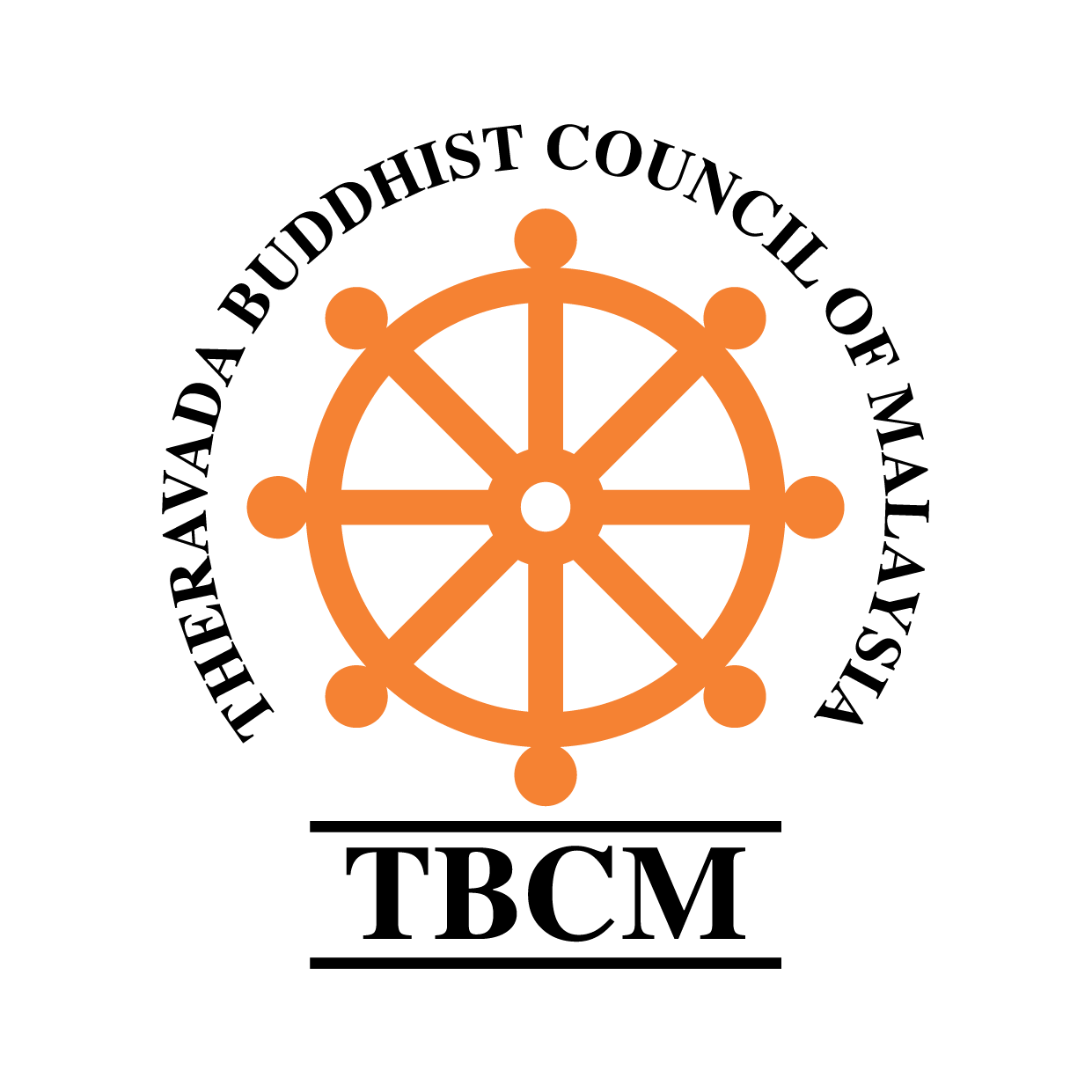Highest ranking Leader of Malaysian Theravadins?
Highest ranking Leader of Malaysian Theravadins?
TBCM is deeply concerned over a recent article in a local Chinese daily, reporting that a certain Malaysian monk was recently conferred the position of Chief Monk of Malaysia and Singapore and he was quoted as saying he was the “highest-ranking leader of the Malaysian Theravada Buddhist Community” and he would help campaigning in the coming general elections.
TBCM, as the national body representing the Theravada Buddhist Community, wish to inform that it is not aware of such conferment of the “highest-ranking leader of the Malaysian Theravada Buddhist Community”. TBCM also maintains its stand as a religious, non-political organization. As much as we would like to have a good, just and kind Government of high morals and integrity (as advised by the Buddha in the Anguttara Nikaya and the Dasa Raja Dhamma), TBCM respects the wisdom of our members in particular and Buddhists in general, in their own political inclinations and preferences.
TBCM has consulted with its monastic advisors and asked for advice. TBCM’s Monastic Advisors will prepare an explanatory note soon to clarify the issues for the benefit of the Theravada Buddhist Community in particular and the Malaysian Buddhist Community in general.
Happily we serve,
TBCM Exco
1March 2013
Explanatory Note by TBCM’s Monastic Advisory Panel
On Sri Lankan Monastic Titles
Monastic titles such as “Saṅgha Nāyaka” are often bestowed by the various Saṅgha authorities of Sri Lanka upon overseas Sinhalese monks in order to honour their role inpropagating Buddhism in foreign countries like Malaysia and Singapore. These titles area recognition of the Venerables’ individual contribution and services to the Buddha Sāsana, but are purely honorific and carry no hierarchical, administrative or authoritative weight, much like an honorary doctorate that does not reflect academic qualifications. This is also similar to the conferment of Datuk/Dato’-ship by the Malay rulers in our country, Malaysia. However, titles such as (1) “Chief High Priest / Monk of Malaysia and Singapore” and (2) “Chief Saṅgha Nāyaka of Malaysia and Singapore” are confusing and misleading. This is because the terms “priest” and “high priest” insinuate that monks are primarily engaged in performing religious rites and rituals, when in fact their main occupation should be the study, practice and propagation of the Dhamma Vinaya. The terms “Chief Saṅgha Nāyaka” and “Chief Monk” erroneously connote a position of seniority, leadership or administrative authority.
Presently, neither Malaysia nor Singapore has a national Saṅgha organization comprising all local Theravāda monks. Therefore, there has never been any consensus for a monk to be appointed or elected as the “Head of the Saṅgha in Malaysia and Singapore”. Presently, such an office does not exist in Malaysia. The prevalent, current titles of “Chief High Priest / Monk of Malaysia and Singapore” and “Chief Saṅgha Nāyaka of Malaysia and Singapore” are not only unspecific, misleading and confusing, but can also become fertile grounds for mischief, contention and dissension.
Therefore, for the sake of clarity and dispelling confusion among the general public and the Theravāda Buddhist community in particular, it would be ideal if Theravada Buddihist Council of Malaysia (TBCM) could plead with the relevant venerable Saṅgha authorities of the various Nakāyas in Sri Lanka to seriously consider revising their honorific monastic titles by using less pompous titles so as not to give misleading impressions to the uninformed public.
Meanwhile, in order not to aggravate matters, responsible members of the Buddhist community should refrain from using such misleading honorifics, especially in the public media. If, indeed, circumstances require the usage of such titles, their specific connotations should be clarified so that they are not misunderstood to be greater than their actual capacity.

